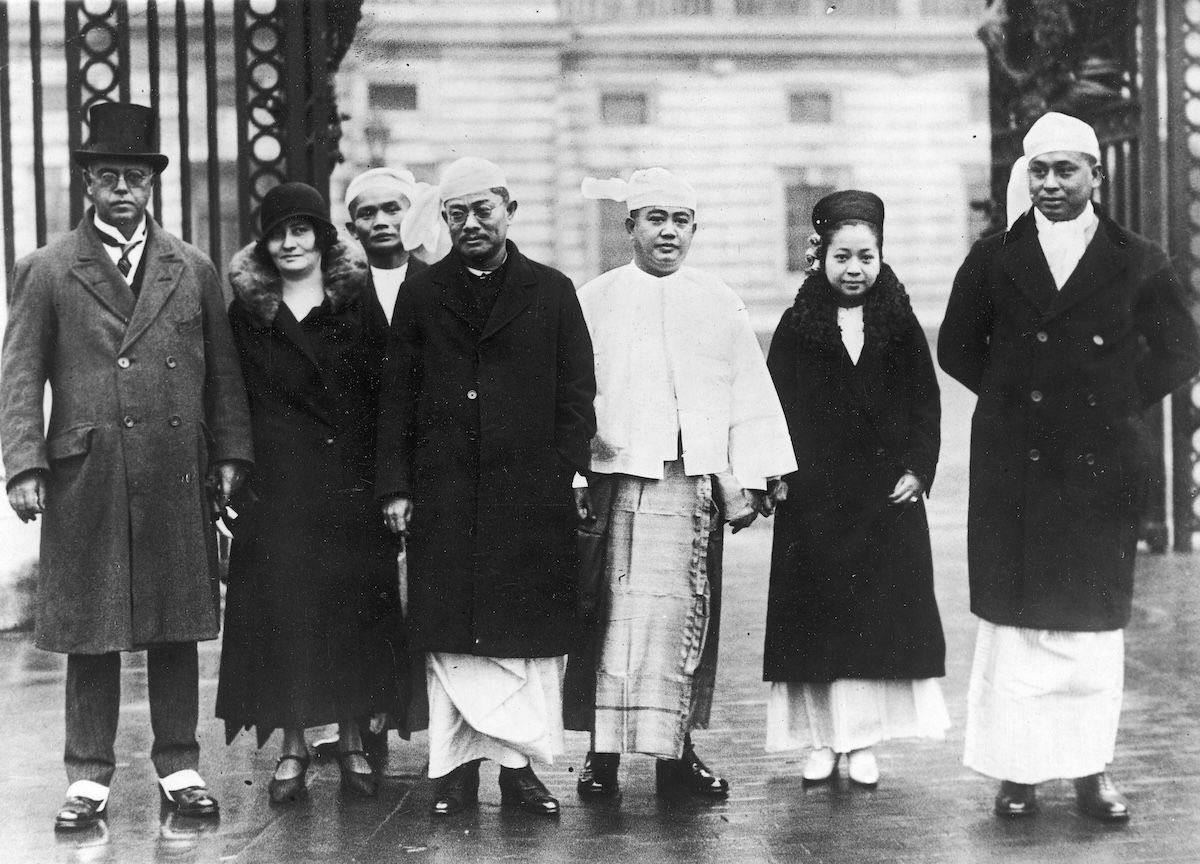Leaving Independent Burma Behind
Burma – now Myanmar – became independent in 1948. Could Britain have done more for this unhappy country?

Burma (Myanmar) is a country on its knees. Its people, among the poorest in the world, live out an Orwellian nightmare. Child soldiers march as slave workers dig. The SPDC regime is politically isolated and obsessively insular, its paranoid and corrupt military leadership dependent on clique for office, intent on maintaining internal control of a country torn apart by ethnic conflict. Only Chinese patronage allows the junta to stagger brutally on.
On the face of it, in 1945 Burma was wealthy and eager to strike out for independence. While postwar India has survived assassination, dynasty and ethnic slaughter, Burma’s history has been a catastrophe. Why was Burma different? What did the British leave behind when Sir Hubert Rance, the last Governor, sailed out of Rangoon on January 4th, 1948?







